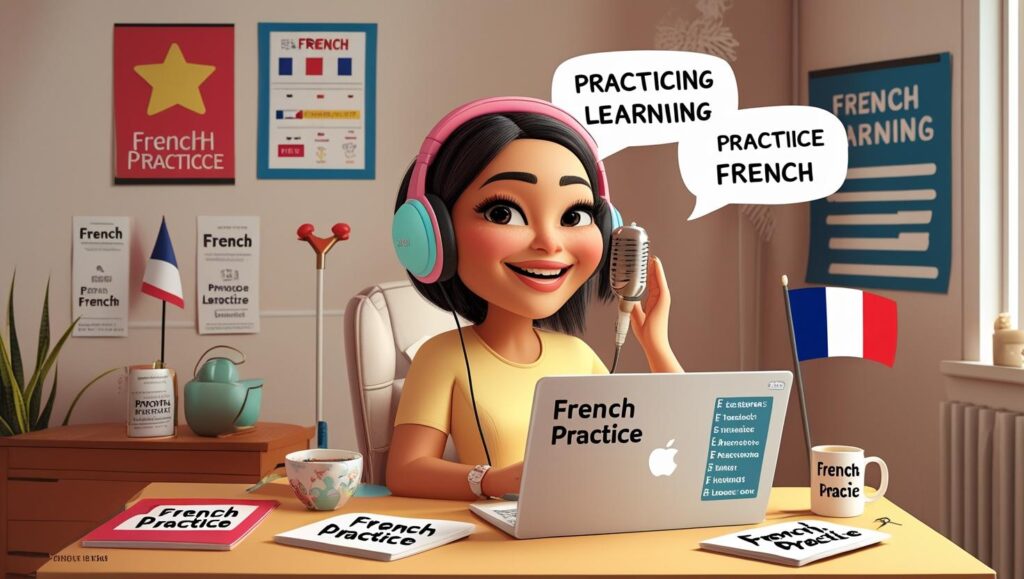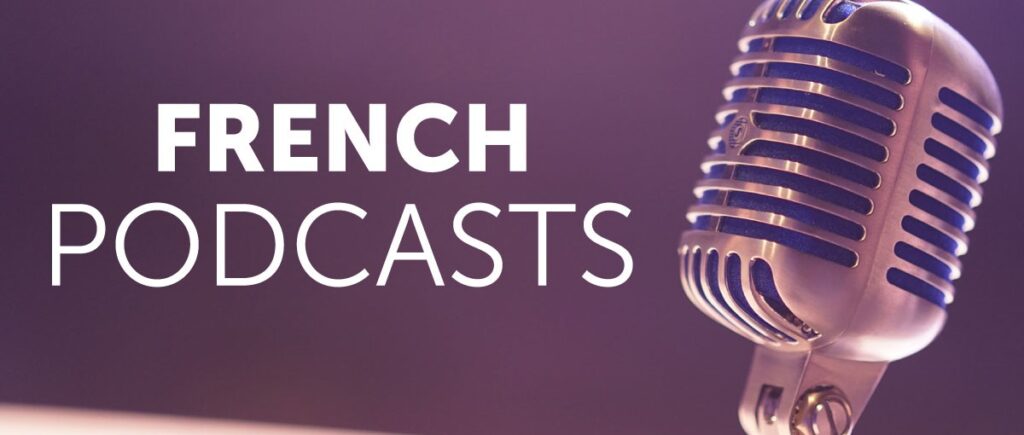
Introduction
The evolution of French cinema is a story of innovation, passion, and influence. From the pioneering days of the Lumière Brothers to today’s thought-provoking, genre-bending masterpieces, French cinema has long shaped global film culture. This article takes you on a journey through the rich history of French film—highlighting essential movies from each era that have defined and redefined cinema.
Whether you’re a seasoned cinephile or a curious newcomer, these must-watch films offer a window into the soul of France’s cultural and artistic identity.
1. The Silent Era & Early French Cinema (1895–1930)
French cinema was born in the late 19th century when Auguste and Louis Lumière introduced their cinematograph in 1895. Their short films, including Workers Leaving the Factory, captivated audiences and sparked the birth of motion pictures.
Another early trailblazer, Georges Méliès, brought imagination to the screen with visionary storytelling. His 1902 film A Trip to the Moon is an iconic piece of cinematic history—showcasing elaborate sets, special effects, and whimsical creativity that still inspire filmmakers today.
Silent films from this era did more than entertain—they reflected the cultural spirit of a rapidly changing France. These films laid the foundation for what would become one of the world’s most revered national cinemas.
2. The Poetic Realism Movement (1930s–1940s)
The 1930s and 1940s saw the rise of Poetic Realism, a cinematic movement known for its melancholic, stylized portrayals of working-class life and doomed romance. These films blended beautiful cinematography with gritty realism, creating a deeply emotional viewing experience.
Masterpieces like Jean Renoir’s La Grande Illusion (1937) and Marcel Carné’s Le Jour Se Lève (1939) exemplify this era. They not only influenced filmmakers across Europe but also introduced new techniques in lighting, set design, and narrative pacing.
These films continue to resonate today for their depth, elegance, and timeless social commentary.
3. The French New Wave (La Nouvelle Vague) (1950s–1960s)
The French New Wave revolutionized cinema in the 1950s and 1960s. Rejecting the polished style of previous films, directors like François Truffaut, Jean-Luc Godard, and Agnès Varda opted for raw storytelling, handheld cameras, and real-world settings.
Truffaut’s The 400 Blows (1959) and Godard’s Breathless (1960) became cultural landmarks, challenging conventions and celebrating individuality and rebellion.
This era made French cinema more personal, political, and playful—and its impact is still felt in modern independent filmmaking worldwide.
4. Post-New Wave and Genre Expansion (1970s–1980s)
Following the New Wave, French cinema entered a phase of diversification. Filmmakers explored a wide array of genres and tackled themes ranging from existential angst to romantic nostalgia.
Notable directors like Bertrand Tavernier and Claude Sautet gained prominence, creating emotionally rich films that connected with broader audiences. Must-watch films from this era include:
- Coup de Torchon (1981) – a gritty adaptation of a noir novel.
- Diva (1981) – a stylish thriller with a unique aesthetic.
- Jean de Florette (1986) – a rural drama praised for its storytelling and cinematography.
These films illustrate French cinema’s ability to evolve without losing its artistic core.
5. Modern French Cinema (1990s–2000s)
By the 1990s and 2000s, French cinema balanced artistic integrity with global appeal. Directors pushed the boundaries of storytelling while gaining international recognition.
Key films from this era include:
- Amélie (2001) – A whimsical, heartwarming look at life in Montmartre.
- La Haine (1995) – A gripping social drama addressing racial tension and police brutality.
- The Class (Entre les Murs, 2008) – A Cannes winner offering a raw look into a French classroom.
These works tackled modern issues—immigration, urban identity, and cultural clash—while retaining that distinctly French style of expression.
6. Contemporary French Cinema (2010s–Today)
In the last decade, French cinema has embraced diversity, innovation, and global collaboration. Thanks to streaming platforms and international co-productions, French films now reach audiences around the world.
Some contemporary must-watch titles:
- Portrait of a Lady on Fire (2019) – A visually stunning, slow-burn love story.
- The Intouchables (2011) – A heartwarming tale of friendship and resilience.
- Titane (2021) – A bold, genre-defying film that won the Palme d’Or at Cannes.
The Cannes Film Festival continues to be a global hub for recognizing bold cinematic talent, keeping French cinema in the international spotlight.
7. Why French Cinema Continues to Thrive
What keeps French cinema so vibrant? A mix of government support, creative freedom, and strong independent film communities.
The Centre National du Cinéma (CNC) funds countless projects, helping new filmmakers find their voice. Unlike in many countries, France sees cinema as a cultural treasure to be preserved and celebrated.
With diverse storytelling, fearless experimentation, and critical acclaim, French cinema remains a powerhouse of creative innovation.
8. Where to Watch French Films
Curious to start your journey into French cinema? You can find a treasure trove of films on:
- Mubi – Curated arthouse films, including French classics.
- Netflix – A mix of contemporary French dramas and comedies.
- Criterion Channel – Offers timeless French masterpieces.
- TV5MONDE – A go-to for subtitled films and TV shows.
Tip: Search for films with English subtitles or dual-language audio for a more immersive experience.
9. Final Thoughts
The evolution of French cinema tells a story of transformation—from early silent films to contemporary blockbusters, from poetic realism to explosive innovation. Each era has contributed something unique to world cinema, influencing countless filmmakers and capturing the hearts of audiences everywhere.
Ready to explore the magic of French films? Start your watchlist today and discover the stories that shaped cinema history.
🎬 Looking for more cinematic gems and cultural insights?
Check out our blog on Learning French While Traveling in France or Exploring French Street Markets
CONTACT US now!! For more updates, subscribe to our YOUTUBE channel and follow us on INSTAGRAM.









